Is Coffee Safe During a Juice Cleanse? There are plenty of mixed opinions about whether coffee belongs in a juice cleanse. Some say it is fine in moderation, while others recommend cutting caffeine out entirely. To sort this out, let’s look at both the potential benefits and drawbacks of drinking coffee while cleansing.
What Exactly Is a Juice Cleanse?
A juice cleanse involves drinking only fresh, cold-pressed juices for a set period of time, giving your body a break from processed foods. One of the biggest benefits is that it lets your digestive system rest while still providing essential nutrients. This reset can leave you with more energy, clearer skin, and improved gut health. Many people use juice cleanses as a quick way to refresh their system and jump-start healthier habits.
Can You Drink Coffee on a Juice Cleanse: Yes or No?
Whether coffee is acceptable on a juice cleanse depends on your goals. If your aim is to give your body and digestive system a complete reset, it is usually better to avoid caffeine. Even one cup can irritate the stomach, contribute to bloating, and reduce the effectiveness of the cleanse.
On the other hand, if you’re cleansing as part of a broader wellness routine, small amounts of plain black coffee may be fine. Skip creamers and sweeteners, which work against the cleanse. Keep in mind that coffee is a diuretic, which means it promotes fluid loss. This can help flush toxins but may also increase your risk of dehydration.
Caffeine can also trigger stress hormones, which may interfere with the body’s natural recovery process. For these reasons, it’s important to weigh the pros and cons. If you choose to drink black coffee, make sure you’re also drinking plenty of water and paying attention to how your body responds.
Ultimately, the best choice is the one that feels right for you. If coffee leaves you feeling sluggish, dehydrated, or uncomfortable during your cleanse, it’s safest to avoid it. When in doubt, check with your doctor before adding coffee to your juice cleanse routine.
How to Cleanse Safely and Effectively
When done properly, juice cleanses can be both safe and effective. The key is choosing the right program and ingredients. If you’re making your own at home, stick to raw fruits and vegetables to ensure you’re getting the full nutritional value. Try to include a balance of greens, citrus, root vegetables, and leafy options for variety and maximum benefits.
Between cleanses, keep your body nourished with whole foods, regular exercise, and plenty of water. Staying hydrated is especially important while cleansing, since it helps prevent fatigue and headaches.
What Else Can You Drink on a Juice Cleanse?
When you’re on a juice cleanse, hydration is just as important as the nutrients themselves. While many people stick strictly to fruit and vegetable juices, others enjoy mixing in smoothies or teas for variety. No matter what you choose, the key is maintaining steady fluid intake throughout the day.
-
Juices
Our cold-pressed blends, made from a balance of fruits and vegetables, deliver an easy source of vitamins and minerals. They’re nutrient-rich, refreshing, and convenient for life on the go. -
Smoothies
If you’re looking for something heartier, smoothies are a great option. They can be crafted with fresh produce and your choice of dairy or plant-based milk, making them a filling complement to your cleanse. -
Decaf Teas
Both herbal and green teas are excellent companions to a juice cleanse. Herbal infusions may aid detoxification, while green tea provides an extra antioxidant boost.
Whatever combination you choose, keep hydration top of mind to get the most from your cleanse.
Tips for Cutting Back on Coffee During a Cleanse
If coffee is a part of your daily routine, the idea of giving it up can feel intimidating. Many people notice fatigue or mild headaches at the beginning of a cleanse, which often mimics caffeine withdrawal. By tapering down your coffee intake a few days before you start, you can make the transition easier and keep your energy levels more consistent.
Choosing the right cleanse for your body’s needs is also key. If you’re prone to headaches, focus on green juices with ginger to fight inflammation. Stay hydrated by sipping water consistently and avoid any additional caffeinated drinks. Finally, allow yourself downtime—rest and recovery are part of the process.
Here are a few ways to support yourself during the transition:
-
Begin Your Day with a Green Smoothie: Packed with antioxidants and nutrients, green smoothies give your body a natural wake-up call in the morning.
-
Stay Hydrated: Keep a water bottle handy and aim for at least 8 cups daily to avoid sluggishness and dehydration.
-
Choose Raw Snacks: When you feel an energy dip, grab a fresh apple or carrot stick. The natural sugars provide a lift without the crash.
-
Prioritize Sleep: Your body may need extra rest during cleansing, so be sure to get quality sleep each night.
How to Survive a Cleanse Without Coffee
Instead of deciding to go cold turkey immediately, it can be more helpful to taper down cup by cup. In fact, PUR Cold-Pressed offers a Cold Brew Mylk that helps people on their juice cleanse get that morning kick that they need. On top of coffee, it is also possible that you are being addicted to caffeine from other sources like teas, energy drinks, chocolate, and even decaf coffee! Slowly wane your coffee intake during your pre-cleanse and this will help with preventing extreme adverse effects.
Another option that can help is to ensure that you are staying hydrated. This means drinking another eight to ten cups of water on top of the juices that are planned for your cleanse. By quenching your thirst with water, it can help to alleviate any cravings for coffee while providing a long list of benefits. Unlike coffee, water is able to help regulate your body temperature, prevent infections, and improve the delivery of nutrients to your cells.
Lastly, you can try opting for coffee alternatives. This means trying out an herbal coffee or a completely caffeine-free coffee alternative. This is a great option for those who enjoy the taste but are also willing to taper off their addiction to coffee.
Overall, it is best to avoid coffee if you want to maximize the benefits that come from your juice cleanse. However, taking an all-or-nothing approach can easily be more harmful than good so make sure that you are listening to your body and making a plan to better approach your caffeine intake.
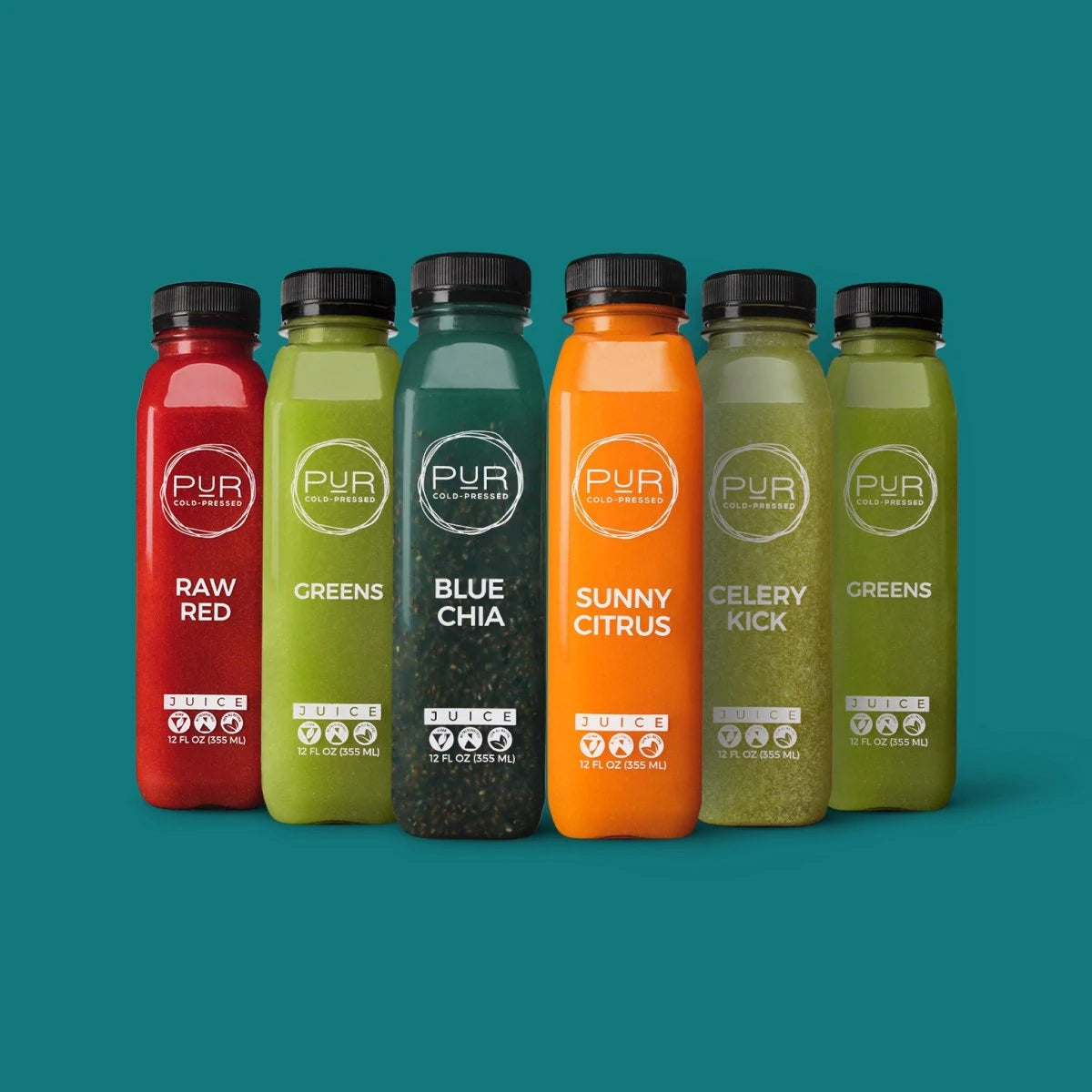
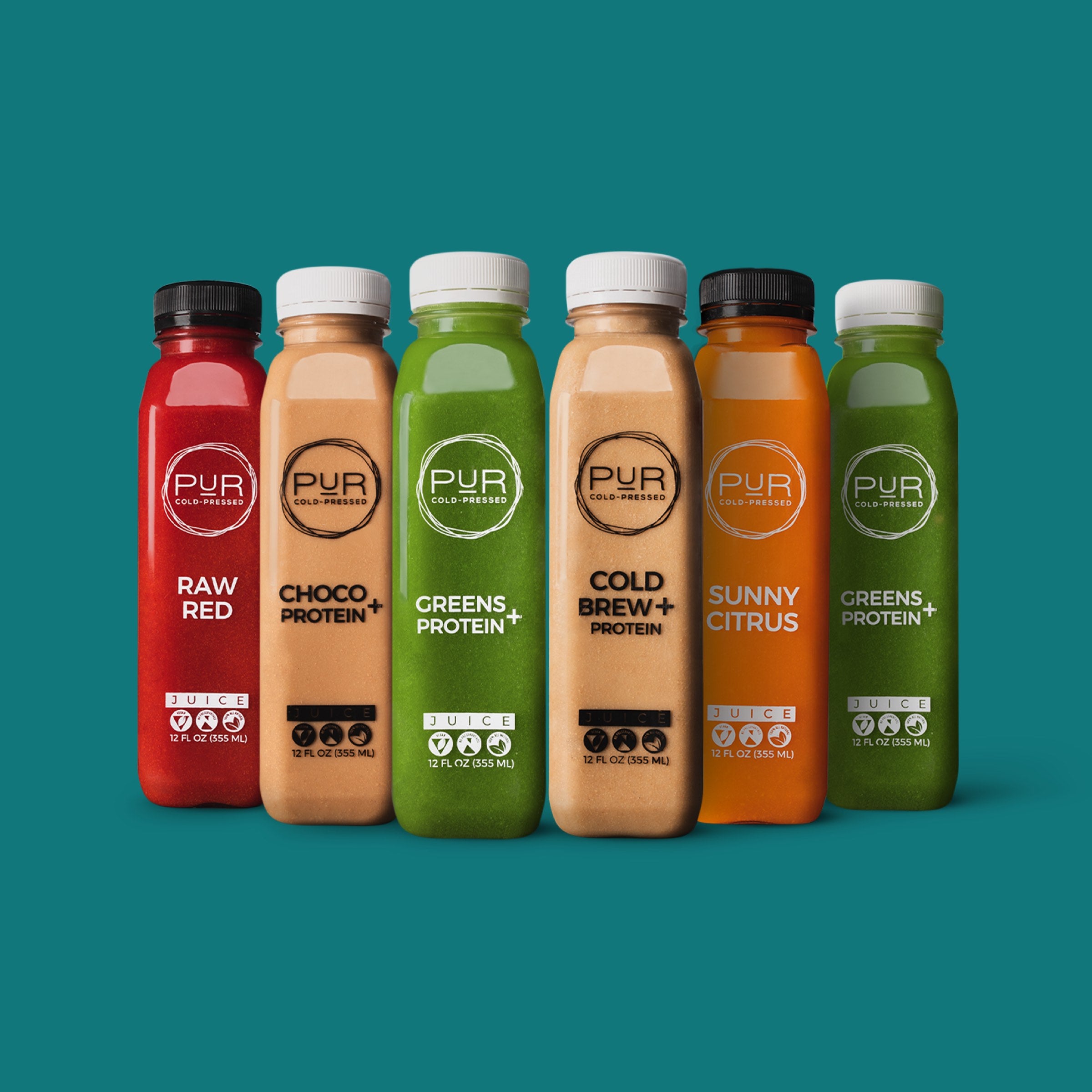
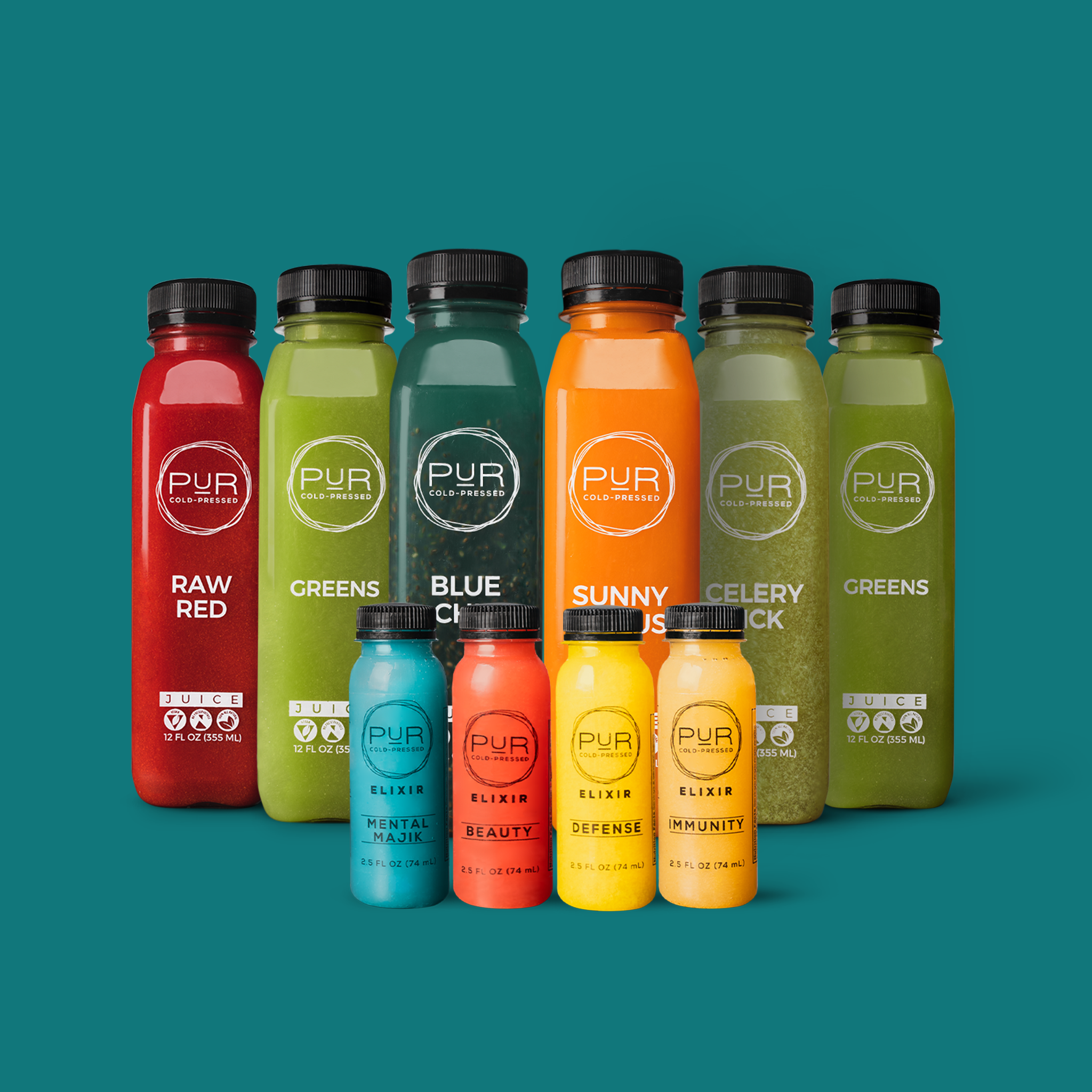
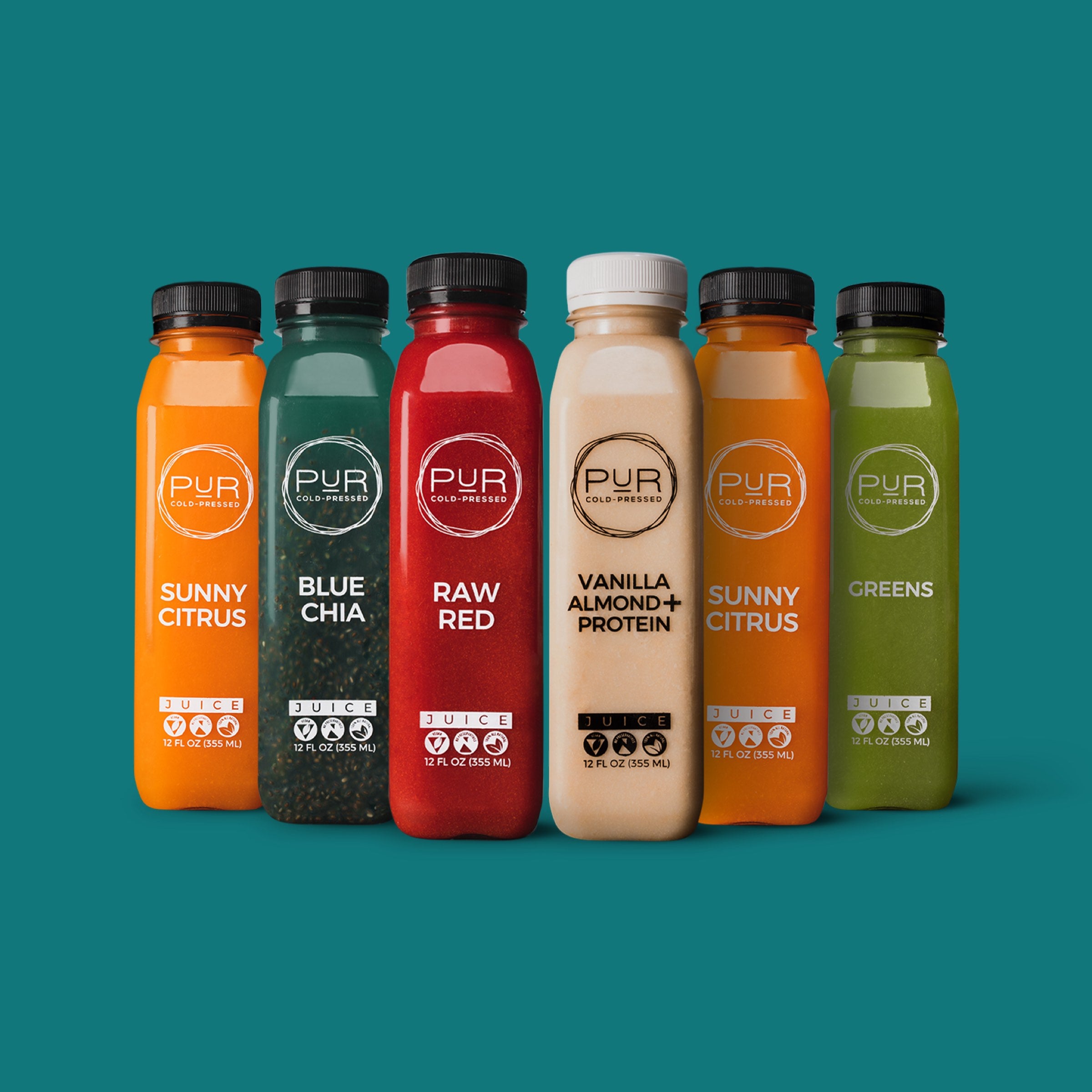
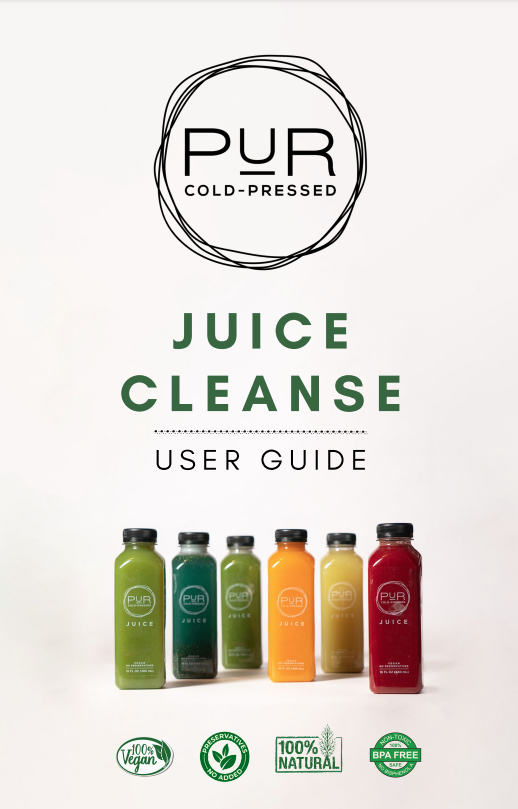
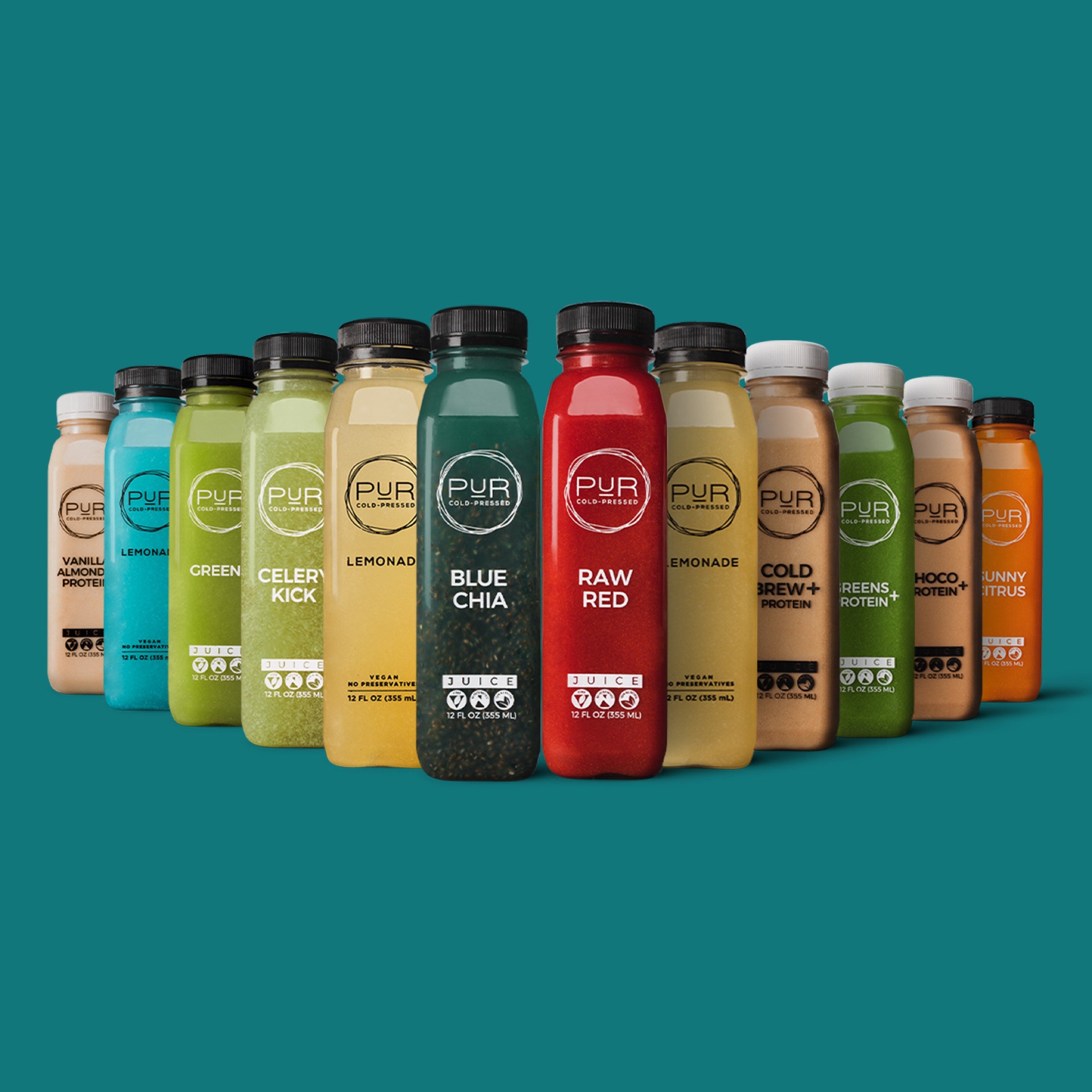
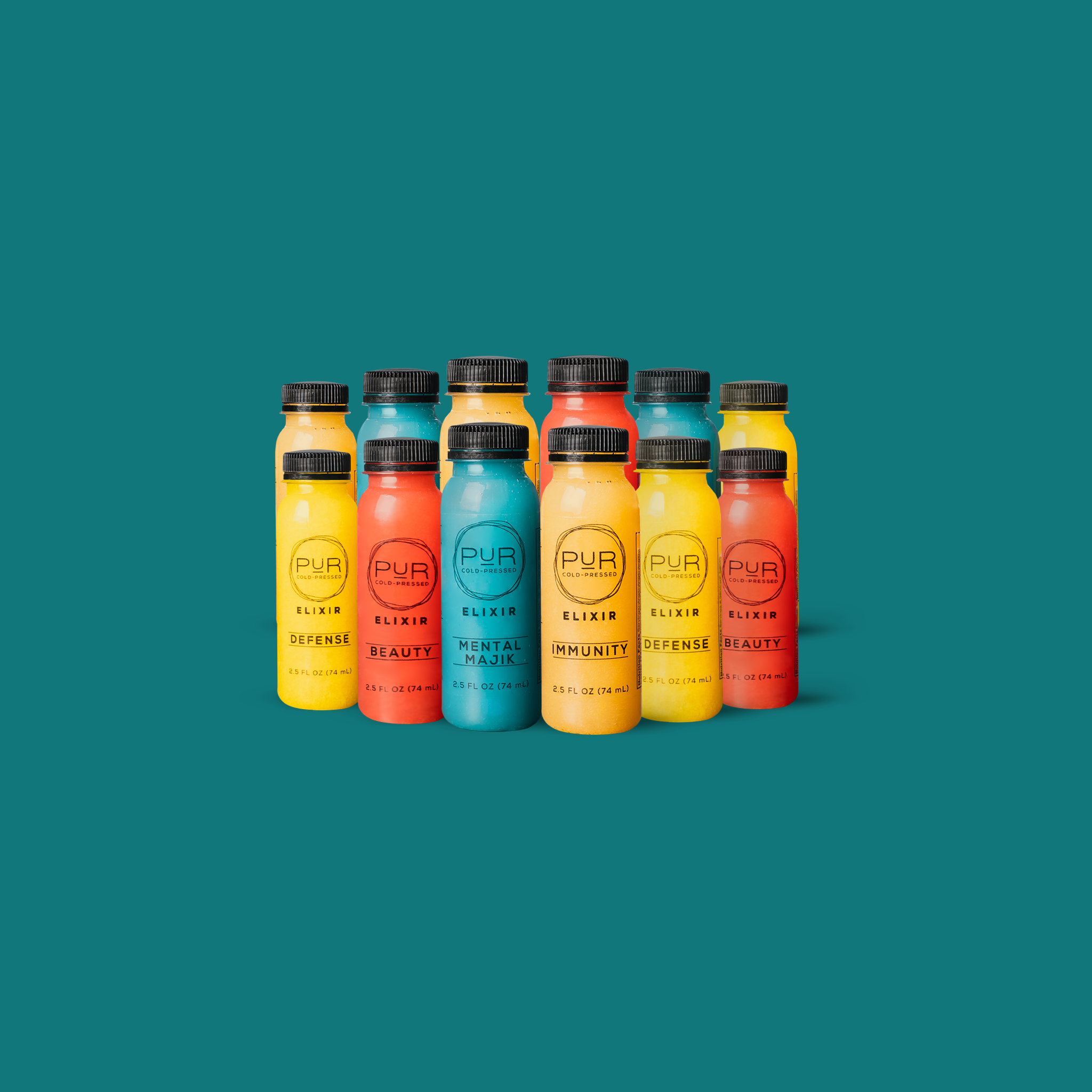
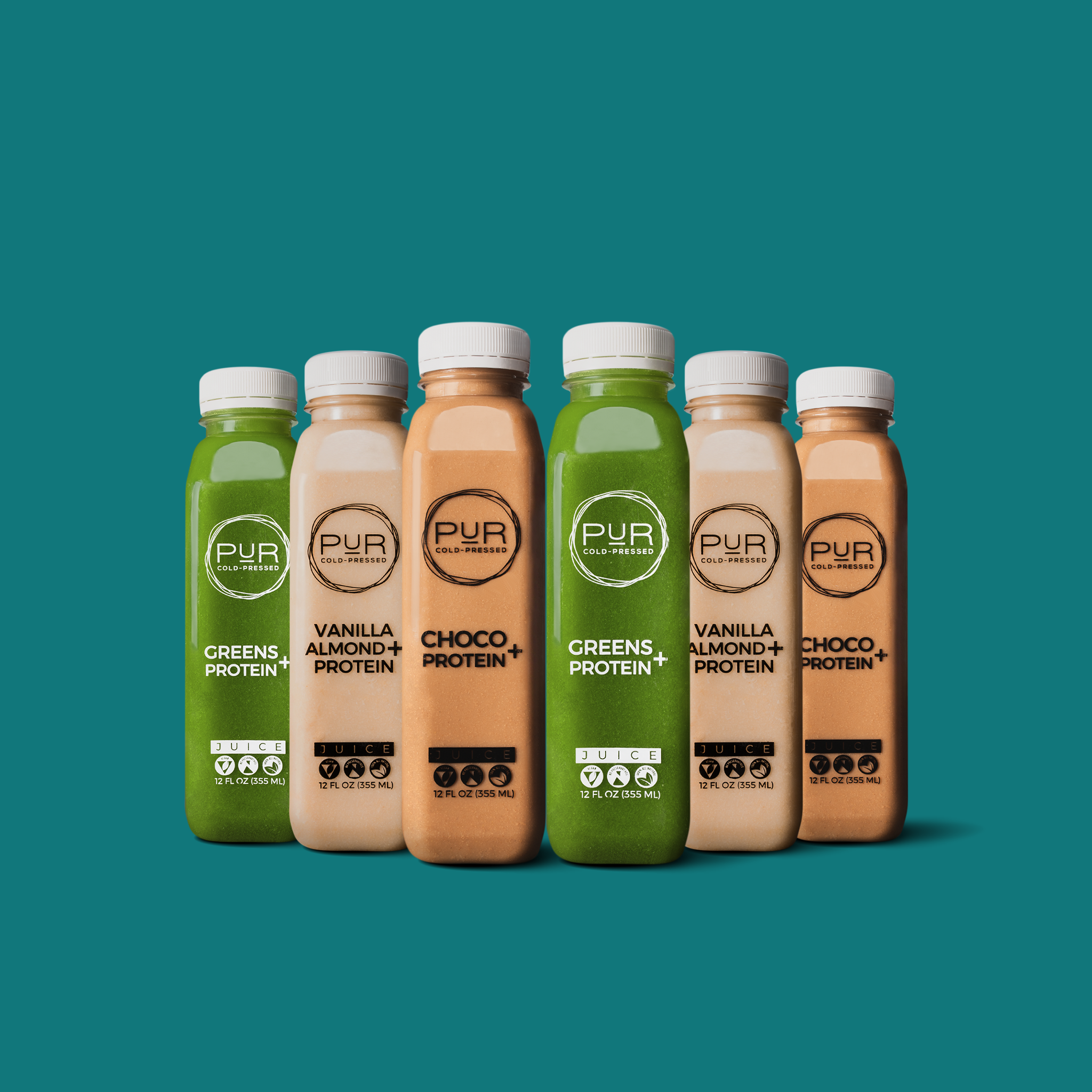
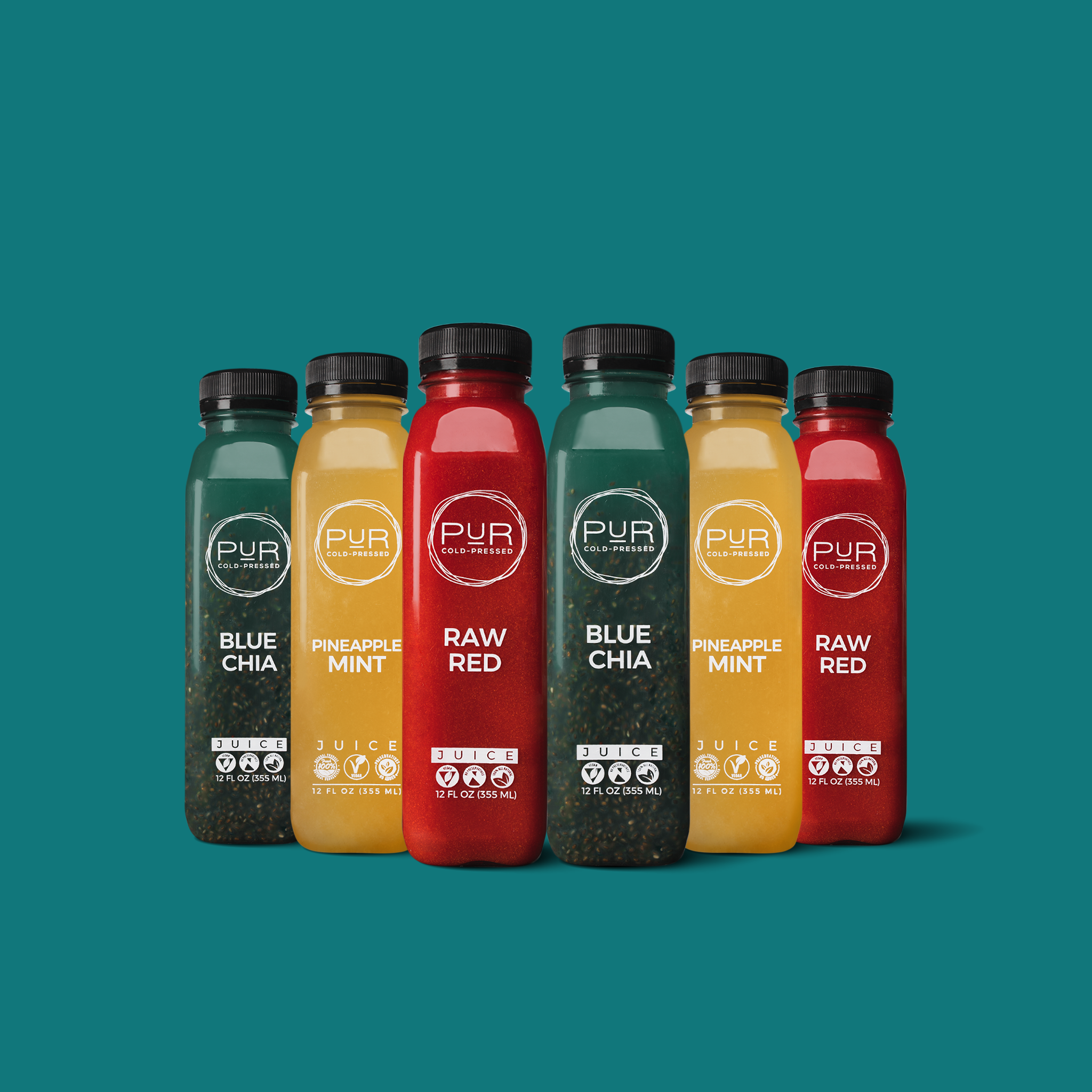
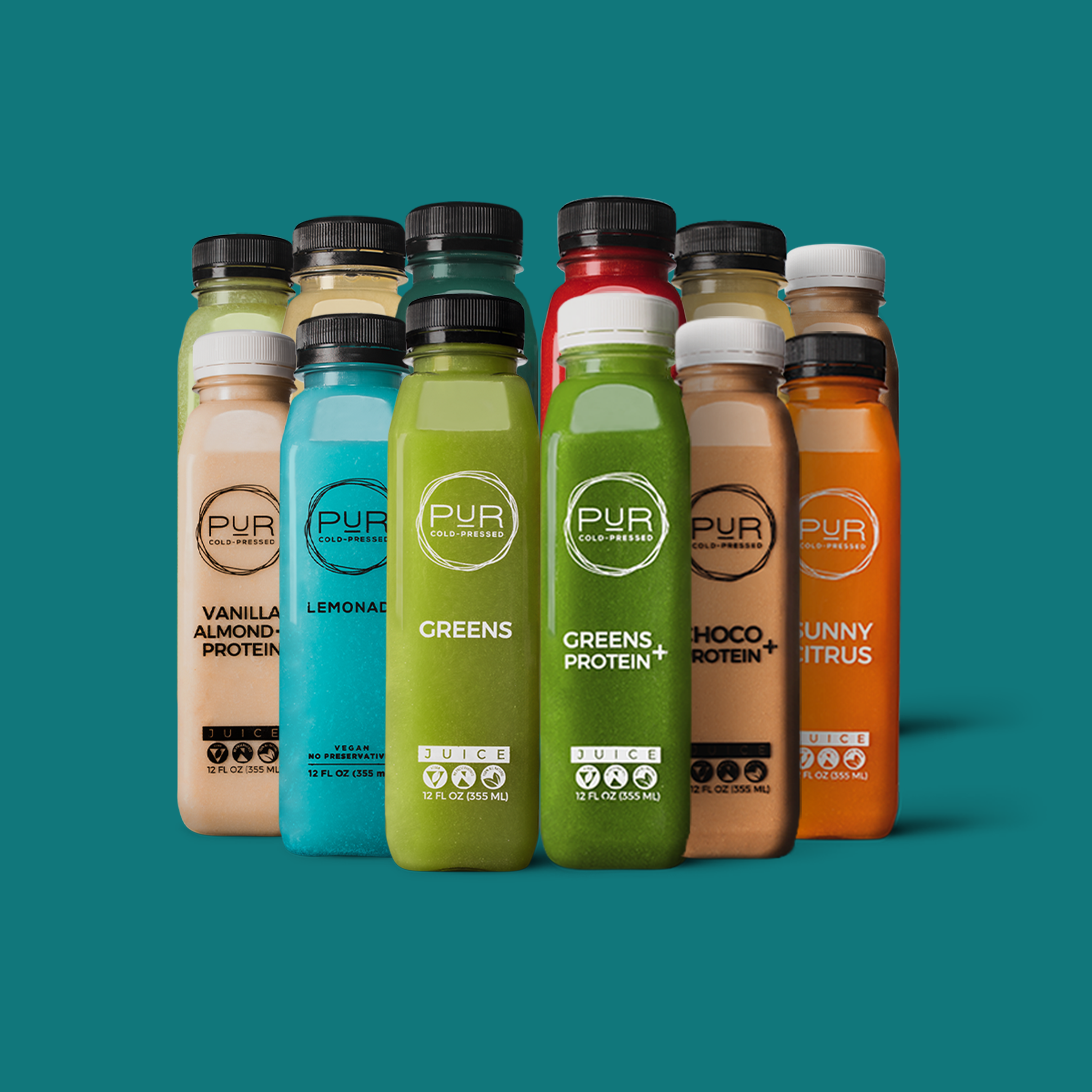
![9 Things to Know About Drinking Coffee on a Juice Cleanse [2025] - PUR Cold Pressed Juice](http://purcoldpressed.com/cdn/shop/articles/9-things-to-know-about-drinking-coffee-on-a-juice-cleanse-2025-3820833.jpg?v=1759258746&width=1500)
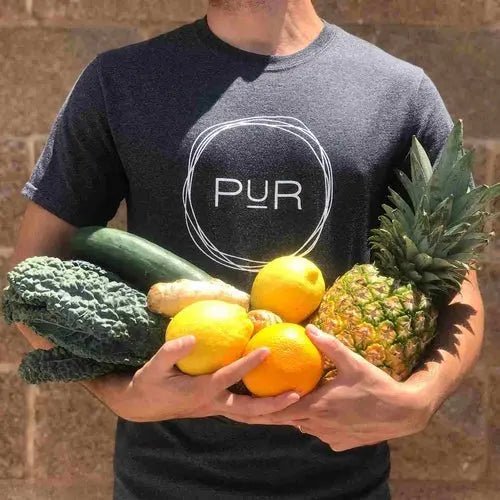
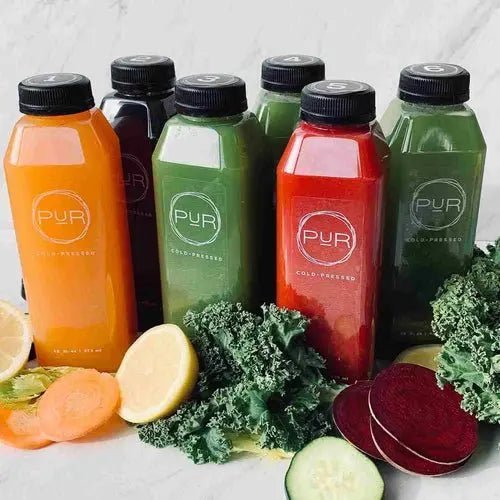
Leave a comment
All comments are moderated before being published.
This site is protected by hCaptcha and the hCaptcha Privacy Policy and Terms of Service apply.